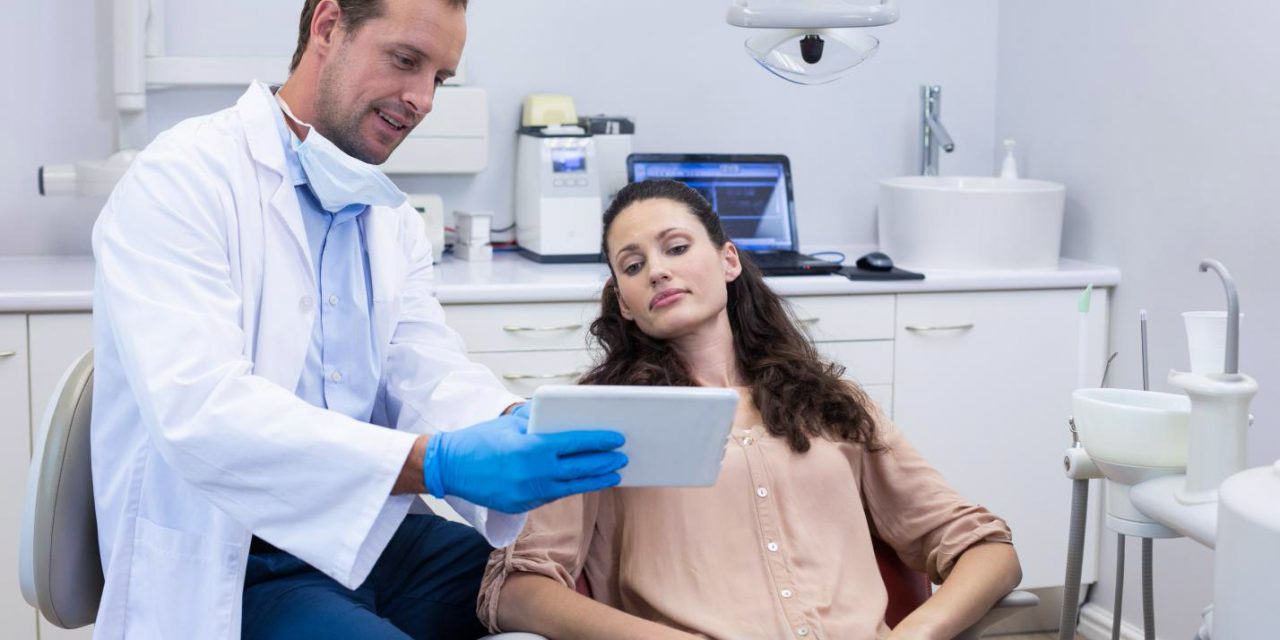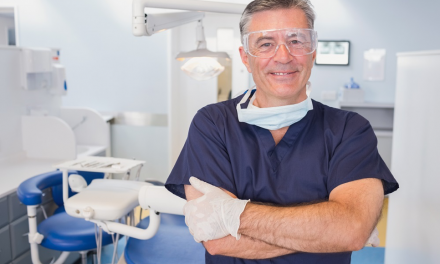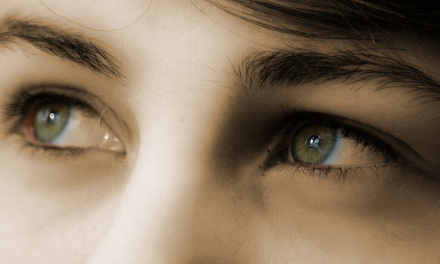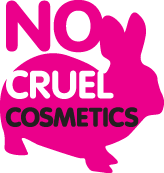A professional opinion
Regularly brushing and flossing our teeth is a tested method of keeping our dental and gum health at a reasonable standard. It is something which we are all taught from the youngest of ages, and most of us do a good enough job on a regular enough basis that our teeth rarely require any treatment from an expert. However, during the recent lockdown measures and the months which followed, a distinct amount of people from across the country – and of all ages – seem to have somewhat laxed on their oral routines.
There are a number of perfectly understandable reasons as to why this may have happened over the last few, unarguably stressful and trying months. It is important to know, however, that if you are concerned about the health of your teeth, by calling upon a hygienist in Richmond, it is possible to have a thorough examination carried out, which will determine your overall levels of dental health, as well as identify anything potentially problematic and make the appropriate treatment plans therein.
What problems can having poor oral health bring?
Bar the somewhat more obvious repercussions of having poor oral health – such as bad breath or being looked on differently if you have visibly missing or deteriorating teeth – there can also be some potentially damaging health implications that bad oral hygiene can cause. One of the most major of these is periodontal disease, or gum disease. This happens when the gum of a patient’s teeth becomes infected due to bacterial and plaque developing. Those who have misshapen or crooked teeth are often at greater risk of developing gum disease because the unevenness of their teeth make it more likely that bacterial and food particles can become lodged within them in gaps which are often near-impossible to reach when brushing.

This plaque, if not removed will slowly build up and develop into an infection which irritates the gums and often causes them to become redder. This redness, alongside bad breath and spitting blood are often signs of gingivitis which is the stage before periodontal disease, and easy for a dental hygienist to treat. It is important that signs of gum disease are identified as early as possible, as it is currently the second highest cause of the loss of teeth in adults worldwide – and more often than not can be easily prevented if caught early enough.
What can a hygienist do to help?
A dental hygienist’s role within a dental practice is arguably one of the most essential – especially nowadays. Rather than solving any cosmetic concerns which patients have as a cosmetic dentist might, or carrying out restorative treatments, a dental hygienist’s main role is in a preventive sense. This means that they are focused entirely on keeping the teeth that patients have as healthy as they can be, and assessing them for any signs of gum disease or other problems.
They also carry out a massively beneficial two-stage cleaning procedure called a ‘scale and polish’ which can both visibly improve the aesthetics of a patient’s smile, as well as making sure their teeth and gums are in top health. A good portion of the duties of a dental hygienist is also to educate patients about proper oral hygiene – however old they may be – and to recommend tips they can use to prevent any unnecessary dental trips in the future.
- Overcoming Challenges in the Production of THC Seltzers - 10th May 2024
- The changes in dental marketing - 12th October 2022
- Online aligners or surgery based ones? - 12th October 2022








